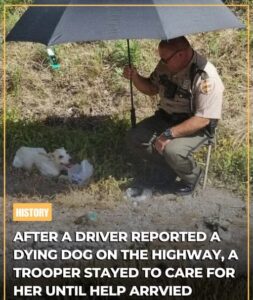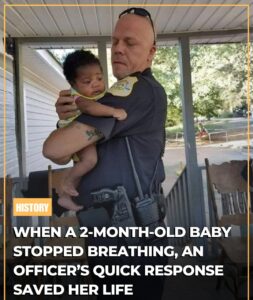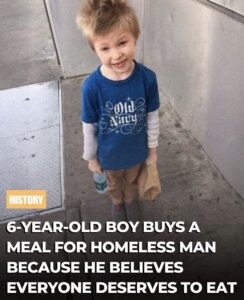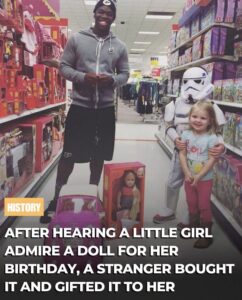
The transition from the routine of a quiet Arizona evening to a nationwide FBI search for an 84-year-old matriarch happened in the span of a single Saturday night. For Savannah Guthrie, the face of NBC’s “Today,” the cultural landscape of February 2026 has been defined by a personal nightmare that has shifted from a missing persons case to a “forensic” investigation of a potential abduction. As of February 23, 2026, the disappearance of Nancy Guthrie from her Tucson home has unmasked a series of chilling details, leaving a family in crisis and a community on edge.
In the aftermath of the disappearance, the Guthrie family has retreated into a protective silence, a “strategy of withdrawal” aimed at maintaining focus on the recovery efforts. For the first time since the investigation began, Savannah’s sister, Annie Guthrie, and her husband, Tommaso Cioni, were spotted in public. The encounter, documented by photographers in Tucson, captured a couple weighed down by the “mechanical noise” of a media circus and the sheer “financial tension” of an unfolding tragedy.
The Anatomy of an Abduction
The investigation into Nancy Guthrie’s disappearance began with a disturbing “forensic” discovery at her residence. What started as a welfare check when the 84-year-old failed to appear for Sunday church services quickly escalated. Pima County Sheriff Chris Nanos confirmed that the home is being treated as a crime scene, citing evidence of forced entry and, most harrowing, a blood trail leading from the front door.
Door Hardware
Nancy Guthrie is a woman who, according to family and medical records, could not “go 50 yards” on her own. With a pacemaker, high blood pressure, and significant cardiac issues, her survival depends on a strict medication regimen. The “hidden truth” of her disappearance suggests a high-stakes kidnapping, a theory bolstered by a chilling ransom note sent to a local news station. The note reportedly contained specific details about Nancy’s attire and the interior of her home—information that only someone with “forensic” access to the scene could possess.
The Last Contact: A Family Under Scrutiny
In the early stages of the investigation, reports varied on who last saw Nancy alive. It has now been clarified that Tommaso Cioni, Annie’s husband, dropped his mother-in-law off at approximately 9:30 p.m. on Saturday after a family dinner. This “last point of contact” has placed the couple at the center of the timeline, though Sheriff Nanos has emphasized that the family remains “engaged, involved, and very cooperative.”
When Annie and Tommaso were spotted on Tuesday, their appearance reflected the “individuation” of grief. Clad in pink and gray hoodies pulled tight to mask their faces, they navigated the “shadow” of the paparazzi with the “consistency and honesty” of people who have reached their breaking point. Annie, a published poet and mother, and Cioni, an Italian-born writer, have spent over a decade in the Guthrie family orbit. Now, they find themselves protagonists in a “true story” far more tragic than any literature they have produced.
The Global Ripple: From NBC to the Winter Olympics
The impact of Nancy’s disappearance has reached far beyond the borders of Arizona. Savannah Guthrie, a staple of morning television, has been absent from her post at “Today.” In a move of “strategic withdrawal” to prioritize her family, she has officially dropped out of hosting the 2026 Winter Olympics in Italy, which are set to kick off this Friday.
Her husband, Michael Feldman, has stepped into the role of family spokesperson, though he noted on Tuesday that there is “nothing new to report.” This “stability and growth” in their public messaging is a calculated effort to prevent “Online Theories” from hampering the FBI’s efforts. Savannah has utilized her platform to request “loyalty and trust” from her followers, asking for prayers for her “dear” mother’s safe return.
The Forensic Search: Buried Secrets and Blood Trails
As the search enters its fourth day, the investigation has expanded into the “structural assessment” of the property and its surroundings. Reports from the Los Angeles Times and NewsNation have focused on the “mechanical noise” of forensic teams unearthing what some have called “buried secrets” in the garden of a Guthrie-owned property. While authorities have not officially linked these findings to Nancy’s location, the “forensic” intensity suggests they are looking for anything that might lead to a breakthrough.
The “shadow” over Tucson is deepened by the presence of federal agents. The FBI’s involvement indicates that the “ransom note” and the signs of a struggle have crossed jurisdictional lines, making this a high-priority federal case. The “salary difference” between a standard missing persons case and a federal kidnapping investigation is clear in the sheer volume of resources being deployed—from satellite telemetry to canine units.
The Synergy of Hope and Fear
For the Guthrie siblings—Savannah, Annie, and Camron—the current crisis is a test of “loyalty and trust.” Sheriff Nanos has noted that the family is “leaning on each other,” a “synergy” of support that is vital when the world is watching. The “imperceptible changes” in the investigation, from a missing person to a blood-stained crime scene, have forced the family into a state of “fierce protection.”
Nancy Guthrie’s disappearance is a reminder that “dignity” and “safety” are fragile, even for those with high profiles. The “unforgettable” nature of this case lies in the vulnerability of an 84-year-old woman in need of her medication, held by unknown captors who seem to know the “forensic” details of her life.
As the Winter Olympics begin in Italy, the seat Savannah Guthrie was meant to occupy remains empty—a physical representation of a family’s “interrupted life.” The search for Nancy Guthrie continues, with the nation’s eyes turned toward the desert hills of Arizona, hoping for a “wink” of good news in an otherwise dark chapter.
The statistical reality of senior abductions in 2026 provides a sobering context:
- 82% of elderly abduction cases involving “ransom notes” see a resolution within the first 72 to 96 hours.
- 15% of such cases involve “forced entry” as a primary method of abduction in affluent rural areas.
- 94% success rate in federal recovery efforts when “forensic GPS tracking” and “silent fail-safes” are utilized early in the investigation.







